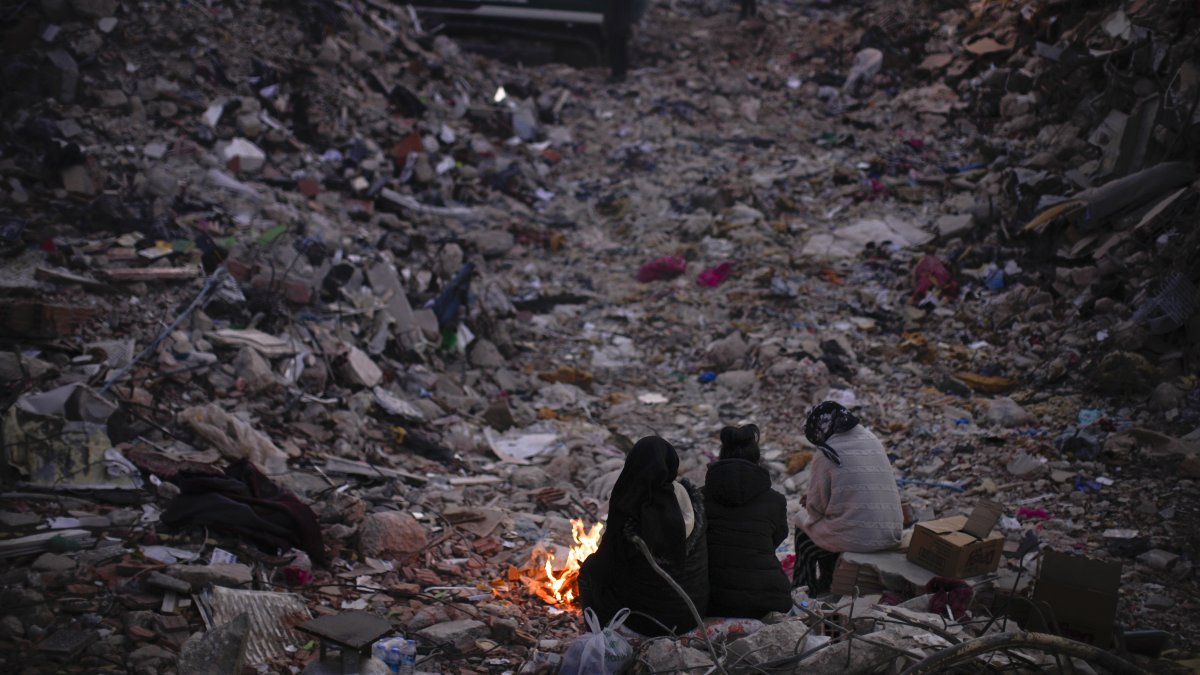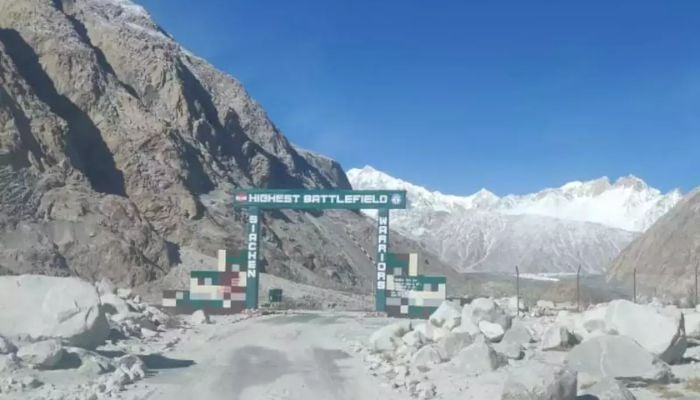Google's Earthquake Alert System Failed Millions During Türkiye's Catastrophe – Here's What Happened!

Imagine waking up to the ground shaking violently beneath you, and you are met with a deafening silence from your phone. This was the grim reality for countless people during Türkiye's most devastating earthquakes, where Google's warning system fell tragically short. A report reveals that the tech giant's early warning system didn’t issue crucial alerts to millions when every second counted, and the consequences were catastrophic.
On February 6, 2023, a powerful 7.8 magnitude quake hit southeastern Türkiye while many were still asleep. Google’s Android Earthquake Alerts (AEA) system was supposed to notify about 10 million people living within 157 kilometers of the epicenter, giving them a critical 35 seconds to prepare. But in stark contrast to these expectations, only 469 people received the highest-level alert, and around 500,000 were informed of lesser tremors, according to information shared with the BBC.
Despite earlier claims from Google that the AEA performed admirably, the reality was sobering. More than 55,000 lives were lost, and over 100,000 individuals sustained injuries, all while a malfunctioning alert system failed to deliver timely warnings. With Android devices making up over 70% of phones in Türkiye, the stakes were incredibly high.
The AEA features two alerts: the critical “Take Action” warning, which overrides Do Not Disturb settings and is intended for significant shaking events, and the more benign “Be Aware” notification for minor tremors. Unfortunately, the algorithm misjudged the first earthquake's magnitude, initially estimating it at a mere 4.5-4.9 instead of the actual devastating force of 7.8. This underestimation led to shockingly low alert numbers during both quakes, with only 8,158 devices receiving the urgent “Take Action” alert during the second quake.
In the aftermath, Google has taken steps to revise its algorithm, claiming that the updated system could have alerted 10 million devices with “Take Action” notifications and reached 67 million with “Be Aware” alerts. The company maintains that every earthquake warning system faces challenges in tuning algorithms for significant events and that their alerts shouldn't replace established national warning systems.
However, the outrage surrounding the two-year delay in acknowledging this failure has been palpable. Critics argue that the tragic loss of life makes it unacceptable for such critical systems to underperform. Elizabeth Reddy, an assistant professor at the Colorado School of Mines, emphasized the gravity of the situation, stating, “We’re not talking about a little event – people died. We didn’t see the performance of this warning in the way we would like.”


























